Healing Through Remembering
Recepción: 03 Agosto 2020
Aprobación: 13 Septiembre 2020
Cómo citar: Farinango, E. (2020). Heling Through Remembering. En post(s), volumen 6 (pp. 220-251). Quito: USFQ PRESS.
Abstract: Healing Through Remembering is a continual documentation of my learning and growing process as a Kichwa immigrant, como una mujer que vive entre dos territorios, que se fue de su tierra por necesidad y camina in the search of herself and a place where her being can exist.
I find my healing in photography, in words and in the plants that surround me. I inspire myself in my experiences and in the moments that have brought me pain y a través de cada una de las personas que me han amado.
I walk with the knowledge that the plants share with me, the knowledge that I remember through intuition and I fight strength in the radical idea that - home - exists within my body.
These are a collection of visuals and poems that I share with you, para que me conozcan un poquito más, para que vean mi proceso, to leave an archive for my descendants and a road map to remembering the determination that our abuelitxs left for us in our memory.
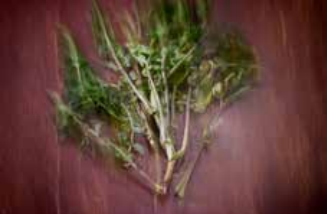
Mana yayanachu munani - the wasilla in the hot water for my depression, the roses floating in Mojanda to cleanse my spirit.
[ Auto retrato - 2017 ]

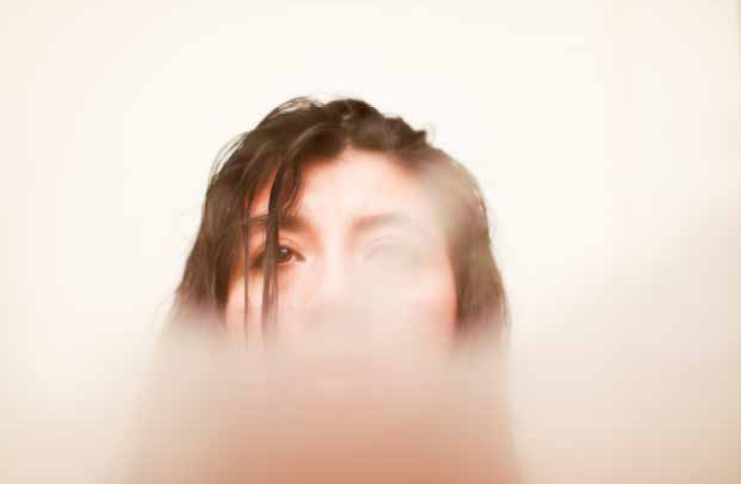
Ancestral memory in the Tayta, the faja, and my hands are all weavers of my story. [ Tayta Imbabura, 2018 - Self Portrait, 2020]
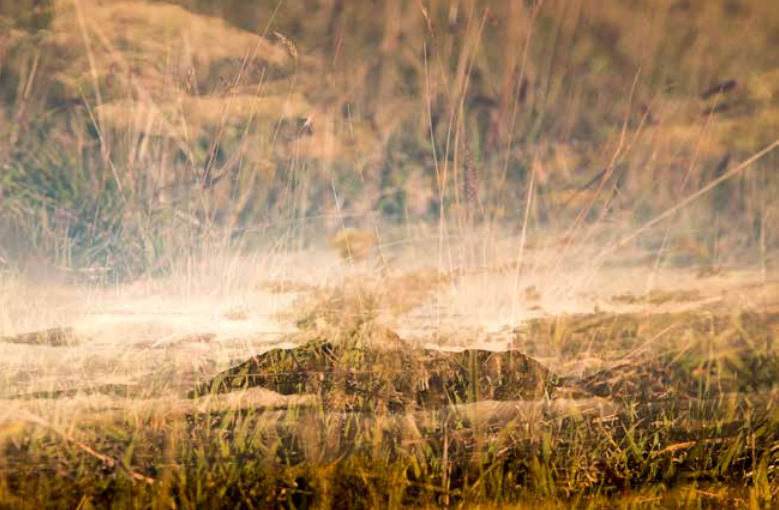
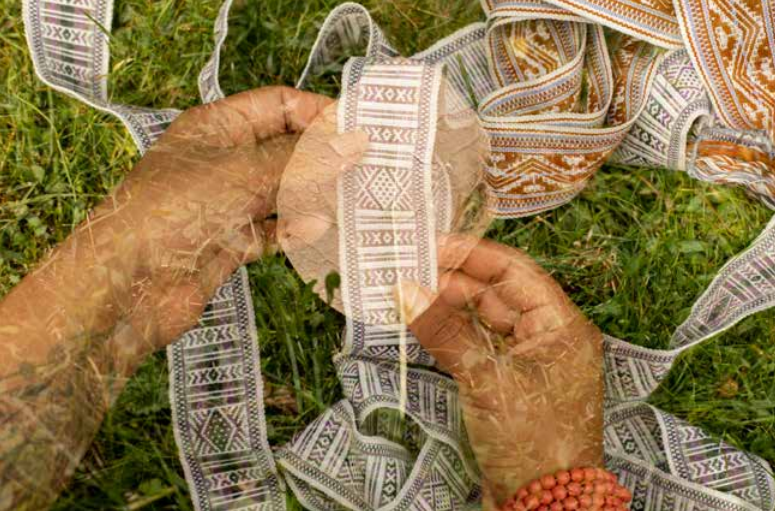
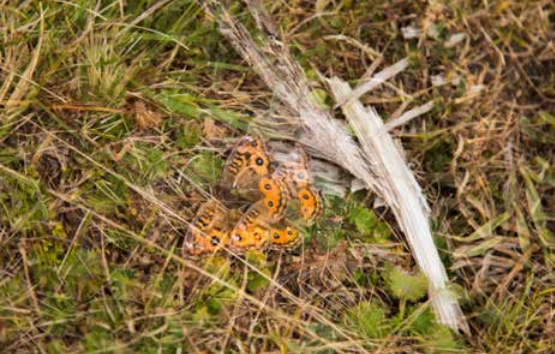
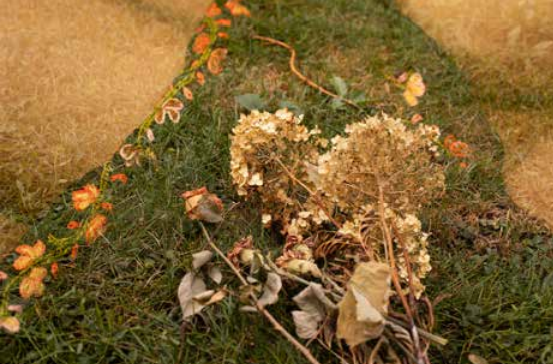
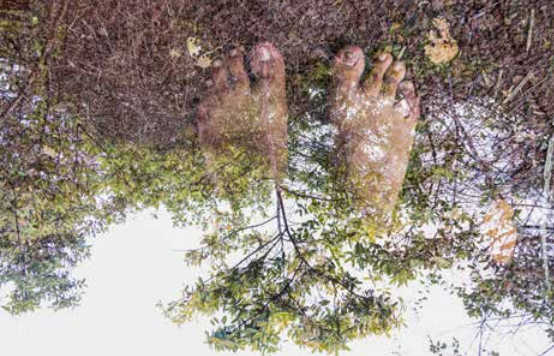
-
Nukaka Elizabeth shuti mikapani
My hands are shaking and my breath is deeper than usual
I repeat my name I am not ashamed of it
Nukaka Elizabeth shutimi kapani and I am not ashamed of it
My name has morphed into Eli and I'm not ashamed of it
My name has given me comfort in a world where no other thing often does and I am not ashamed of it
My name is a part of my story y no me da verguenza
My name was the only thing I had left to call me back when everything else had already told me to die
I pressed my hands against my heart and I repeated:
Shunku Shunk Shuku Eli
shamuy, shamuy Eli
Regresa…
----
-
My name is Elizabeth, it doesn't reflect the land like a Kichwa name
It doesn't cause discomfort in the tongue
but my face, my being, the words that come out of my mouth do
and sometimes it's not even necessary for them to hear my name for them to categorize me,
fit me in a box
----
-
My name is Eli, Elizabeth
Eli that lived in Quito
Elizabeth that grew up in Ottawa
Liz that briefly existed in Toronto
Elizabeth Virginia that was born in Quito
Virginia that walked before I was even born
I don't have a Kichwa name
and I don't need one to be me
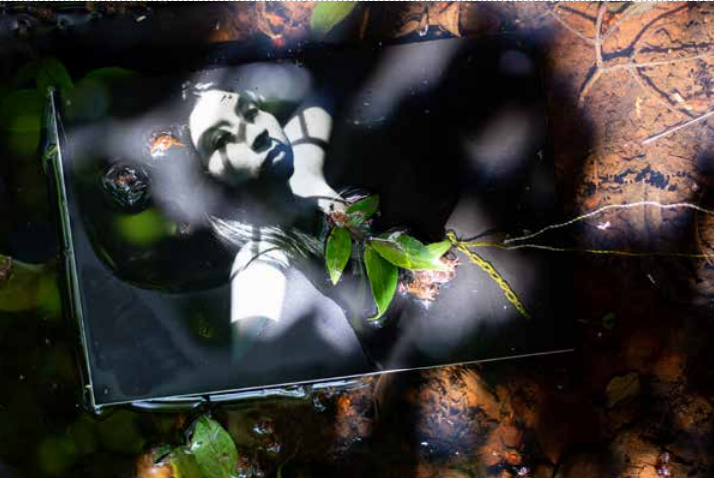
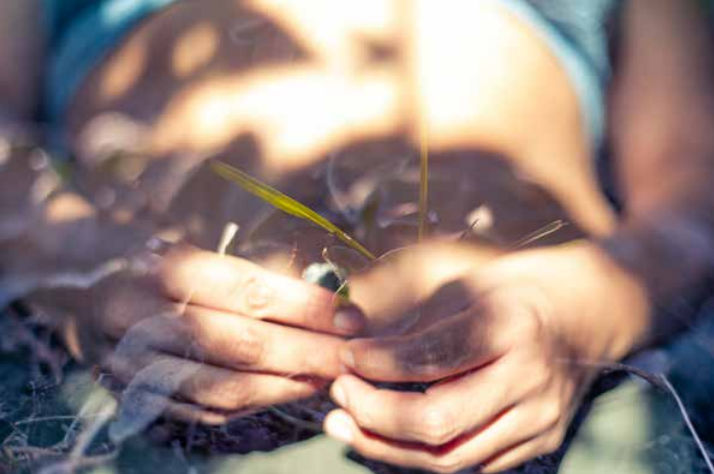
-
My “indigenous” body
El “cuerpo indigena” es un cuerpo que ha sobrevivido
El cuerpo de una mujer Kichwa que ha sido el campo de batallas
de luchas ya olvidadas, de luchas invisibles, de luchas silenciosas
--
-
¿El cuerpo de la mujer indígena lejos de su territorio es un cuerpo sin lugar?
Buscando un espacio donde encajar, un lugar donde llamar home
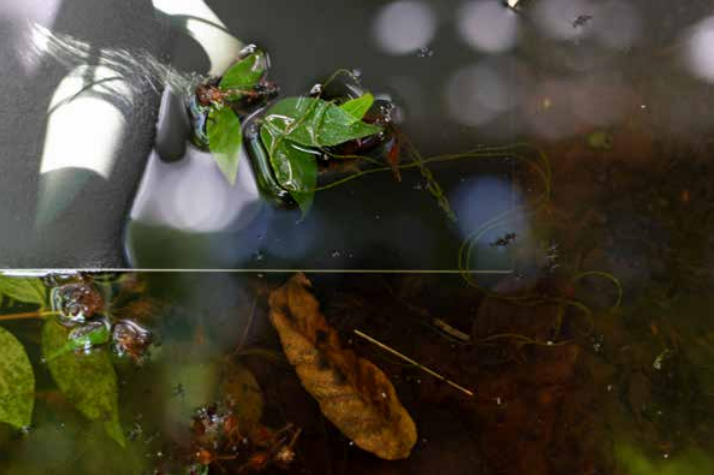
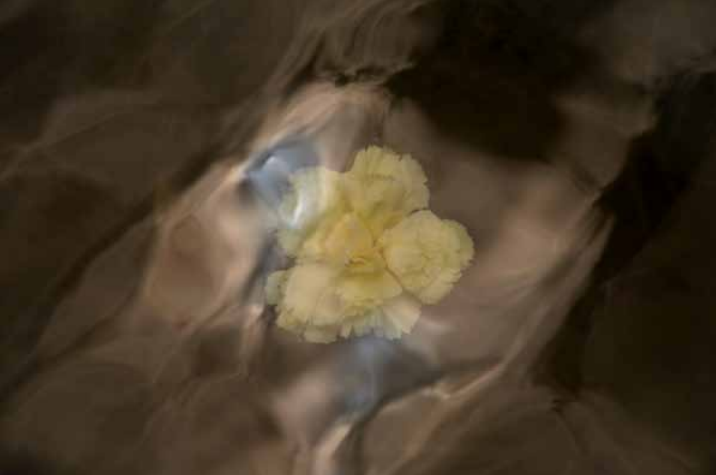
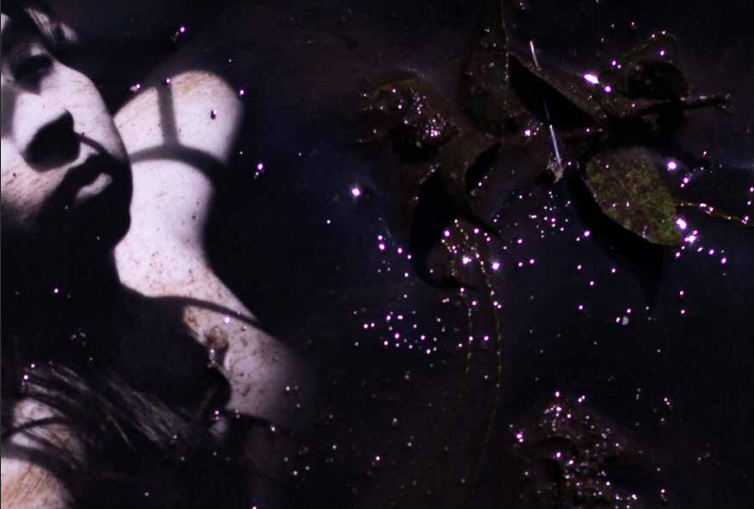
-
A body que no puede diferenciar entre lo real y lo falso cuando todo a su alrededor le ha dicho siempre que no pertenece….
No pertenece?
A que?
-
Un cuerpo que es negado por un territorio y excluido de otro
Un cuerpo that begins to internalize this and every other pain.
it carries it and begins to make its own
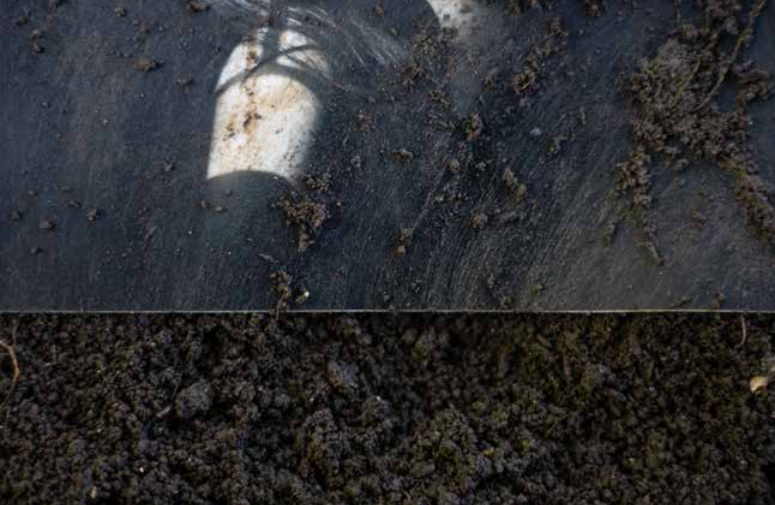
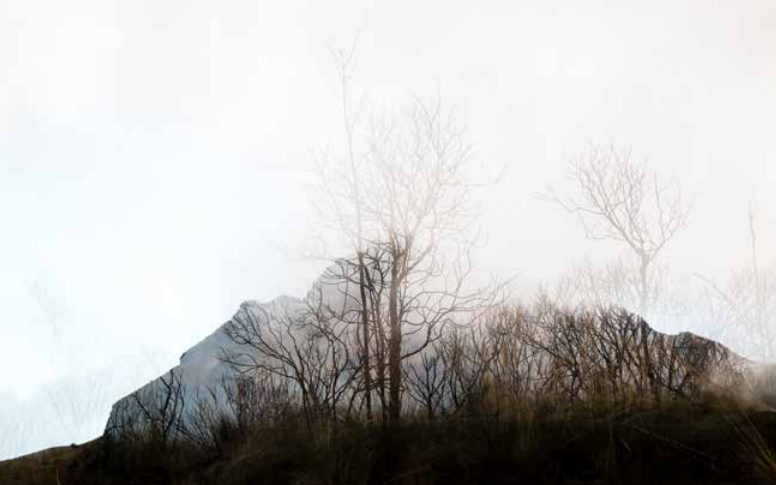

Y que bella es tu existencia...
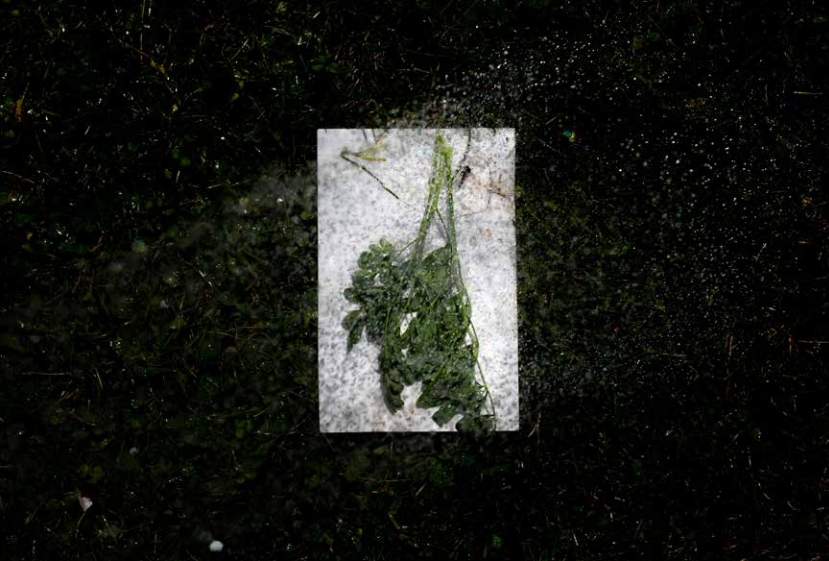
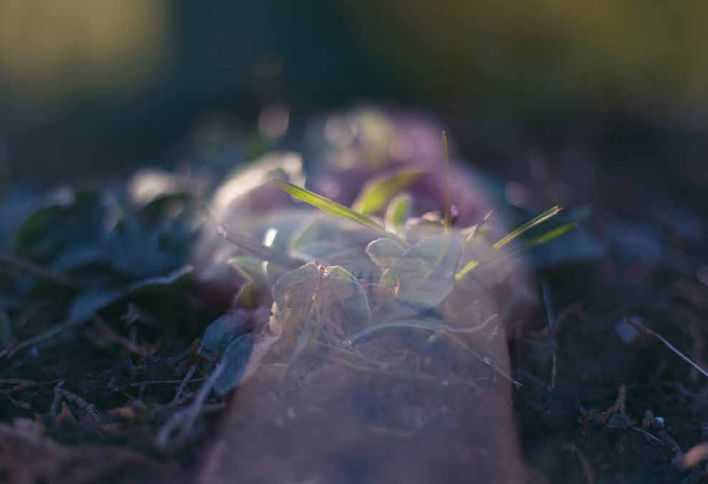
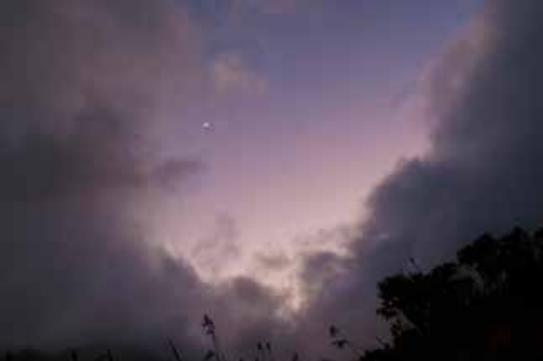
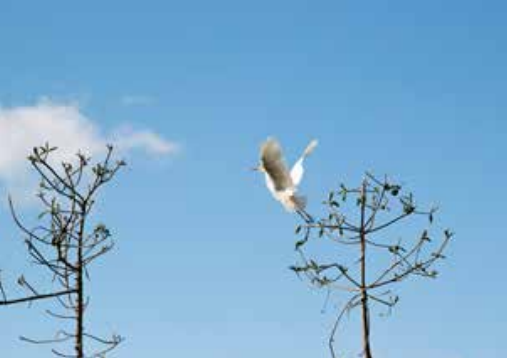
En estos días me siento que el mundo se me cae, que la vida es pesada y que yo, con mi “cuerpo indígena” estamos mal situados, que estamos en un momento al que no pertenecemos y que las fuerzas para luchar en este espacio sola ------
se me van
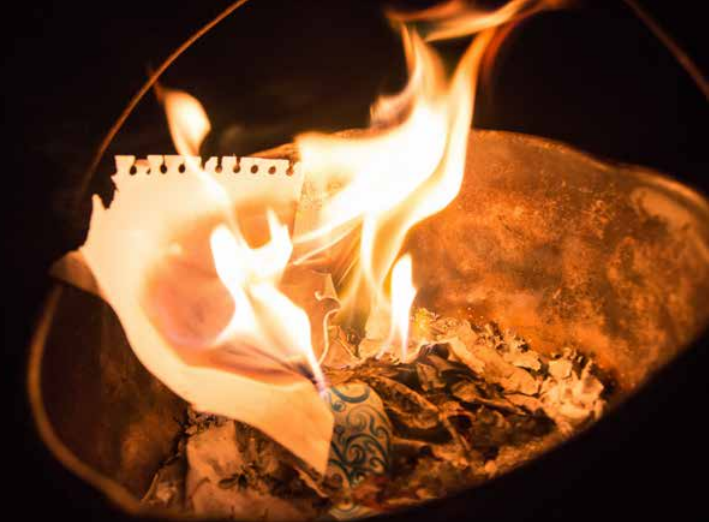
Y yo desaparezco del mundo, de las oportunidades, de la vida, del sol, de las montañas, hasta de mi misma
Voy navegando en los mundos que he creado adentro, en esos espacios donde vivo en dolor y en libertad, al mismo tiempo.
Que no me pertenezco.

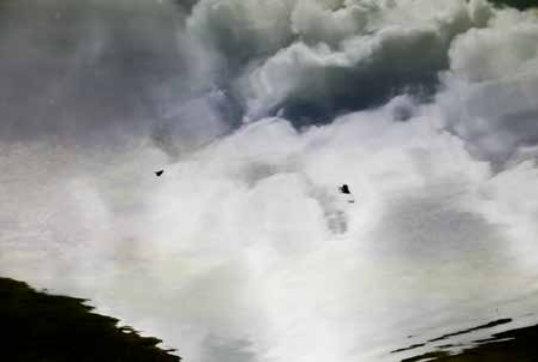
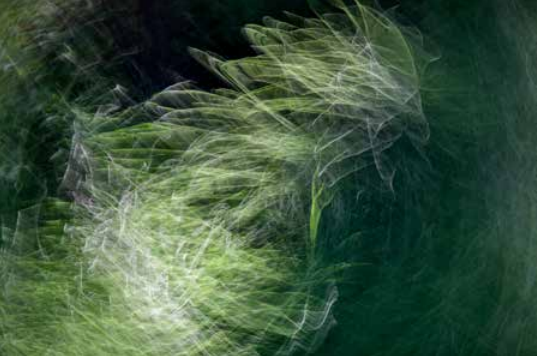
¿Será esto parte del proyecto de colonización?
¿De destrucción? ¿O será esto algo mio?
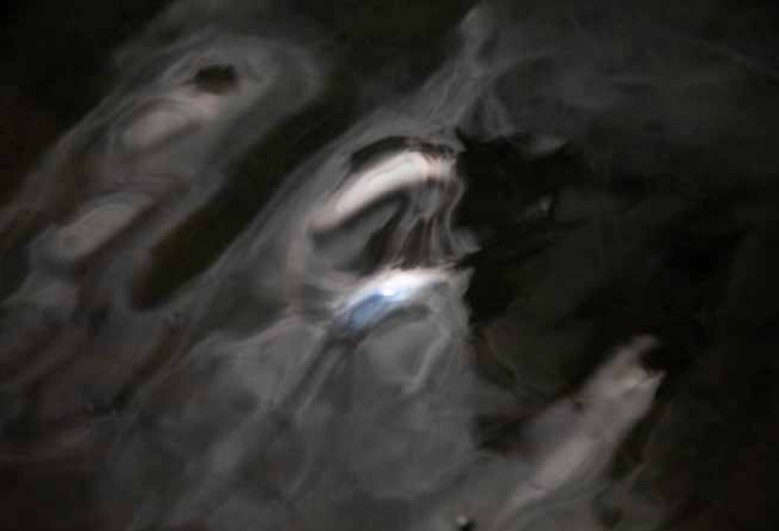
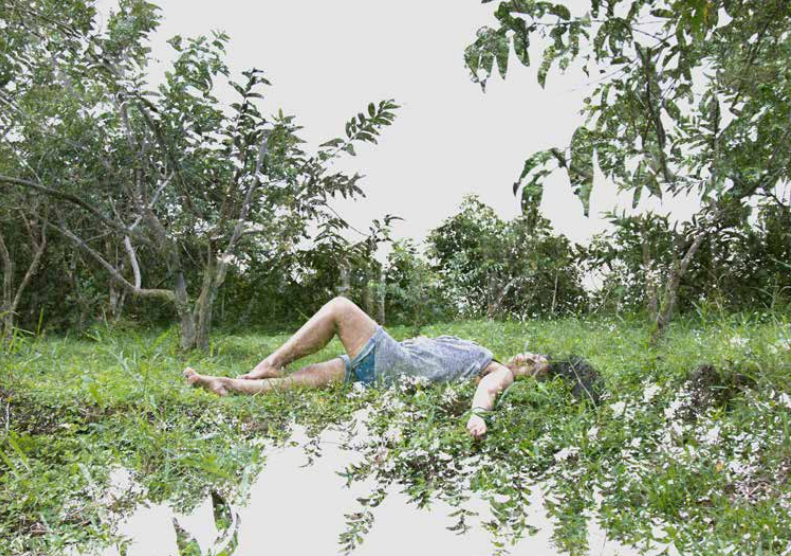
¿O será el legado de cada insulto que recibieron mis abuelxs, el dolor de cada vez que nos robaron tierra?
¿cada vez que la sociedad elitista nos trato de hacer de menos? ¿Cada vez que un macho se nutrió en mi vientre?
Puede ser…
o solo puedo ser yo, aquí mal acoplada y desagradecida con la vida

¿Quién sabe? Lo único que sé es que habito en este cuerpo indigena y que nuestros cuerpos pesan igual que las montañas
Las mismas que nos dan vida
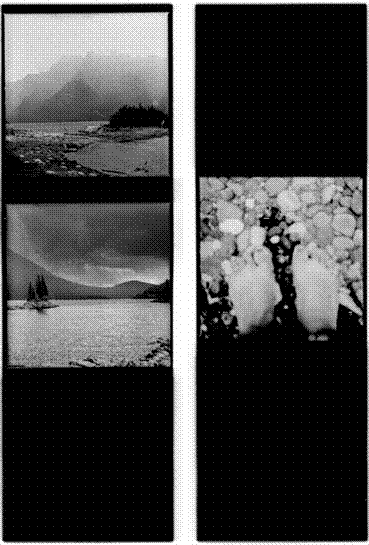
-
Solo se que este cuerpo se enciende con la furia de mis iras
Que se nutre y conversa con la luna
Que se cura con el agua y los claveles
Y con la fuerza de las mujeres que vinieron antes de mi.
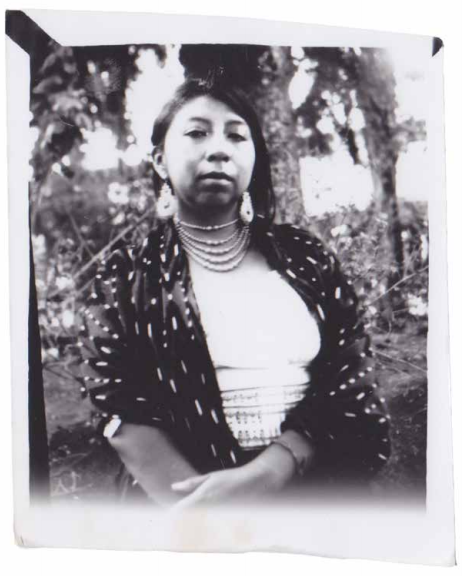
Notas de autor
- Estudiante de Periodismo Visual y Práctica Documental en el Centro Internacional de Fotografía en Nueva York.
Información adicional
Cómo citar: Farinango,
E. (2020). Heling Through Remembering. En post(s), volumen 6 (pp. 220-251). Quito: USFQ PRESS.